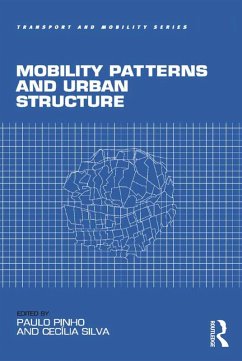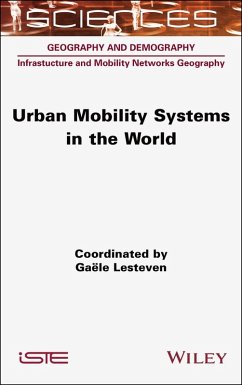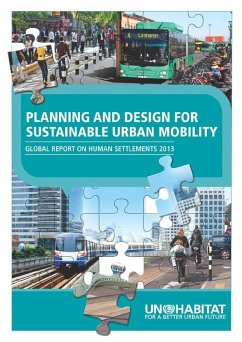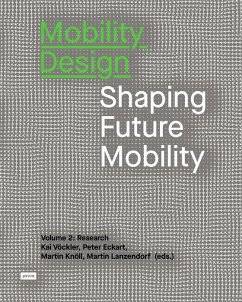
Managing Urban Mobility Systems (eBook, PDF)

PAYBACK Punkte
30 °P sammeln!
Urban mobility is currently a major problem all over the world. Space is limited, and individuals aim for a level of quality in mobility that is only achieved by largely motorised solutions, which have a detrimental effect on the urban environment. Careful analysis of urban mobility systems across the world reveals that consistent and effective policies can only be defined and implemented if the various components of the system and their interrelations are considered. This book addresses the problem of managing urban mobility systems in a novel way by considering the complexity and diversity o...
Urban mobility is currently a major problem all over the world. Space is limited, and individuals aim for a level of quality in mobility that is only achieved by largely motorised solutions, which have a detrimental effect on the urban environment. Careful analysis of urban mobility systems across the world reveals that consistent and effective policies can only be defined and implemented if the various components of the system and their interrelations are considered. This book addresses the problem of managing urban mobility systems in a novel way by considering the complexity and diversity of the conurbation and agents involved in a UMS, putting forward the evidence that urban mobility must be managed at system level. The value of this book lies in bringing together a sound theoretical approach to urban mobility systems supported by evidence from several cities across the world where this approach was either implemented or at least assessed, together with clear instructional guidelines. It constitutes a handbook for practitioners, politicians, researchers and students of urban mobility management.
Dieser Download kann aus rechtlichen Gründen nur mit Rechnungsadresse in A, B, BG, CY, CZ, D, DK, EW, E, FIN, F, GR, HR, H, IRL, I, LT, L, LR, M, NL, PL, P, R, S, SLO, SK ausgeliefert werden.













